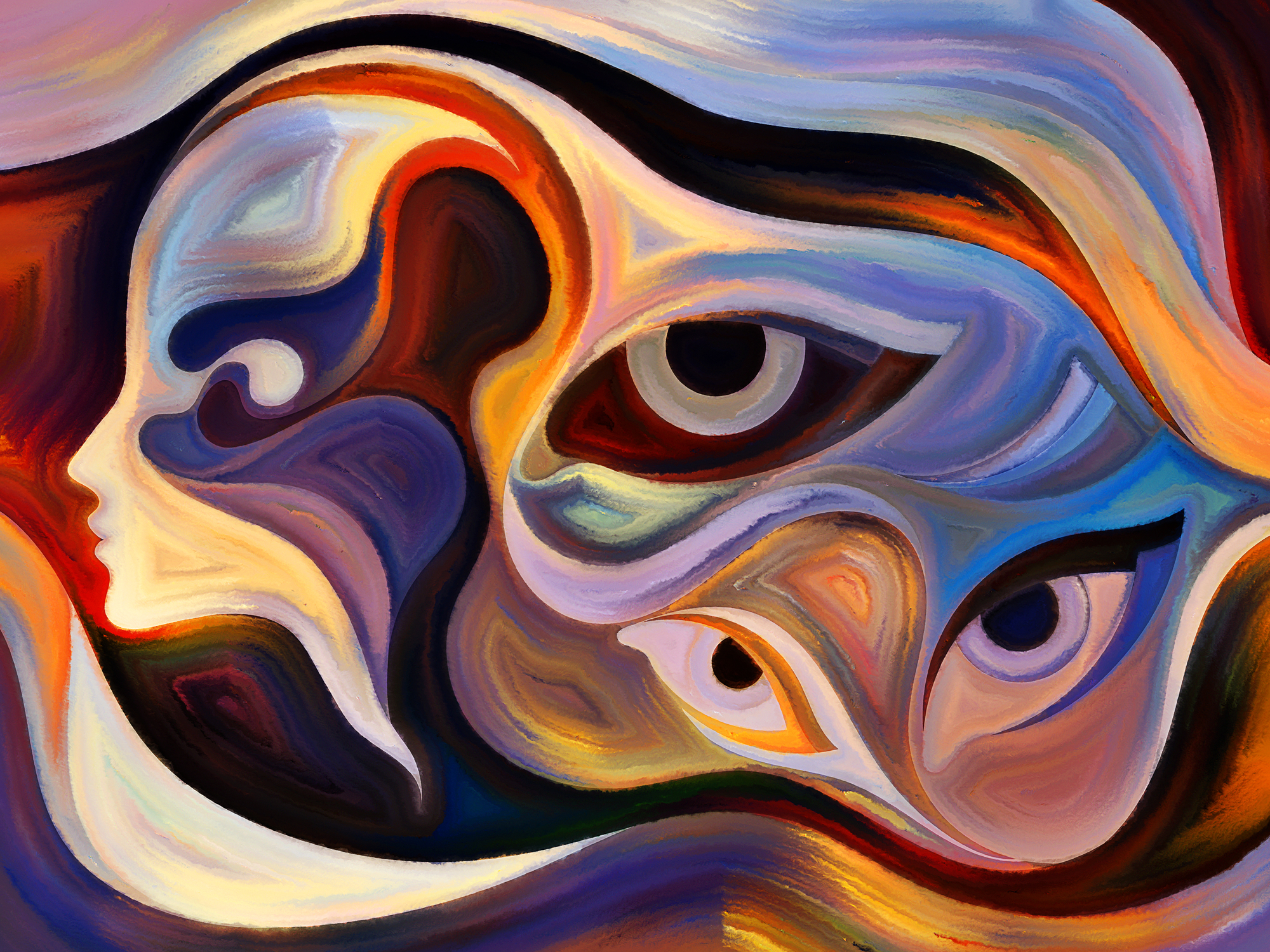Professor Christopher Smith, Executive Chair of the Arts and Humanities Research Council (AHRC) illustrates how striving for a better understanding of identity can positively influence public policy
The nature of identity is an immensely personal subject and one that is fundamental for all of us. The Arts and Humanities Research Council (AHRC), the UK’s largest funder of disciplines from history to languages, art to philosophy, and much besides, does not insist on a particular understanding of identity, but we stand for a better understanding of what it is to be human. No responsible public policy can exist, I would argue, without an awareness of arts and humanities research.
We have deep historical identities and more immediate contingent ones. It is the latter though which are most present to us. These are defined by the extent to which we identify with our families, friends and colleagues, our education and our work and the places we live and grew up. We are formed and find identity, in short, through the overlapping networks of who we know.
It is unsurprising therefore that we feel threatened if those networks are challenged or called out for being limited. It also explains why some of us find our identity in challenging others and being part of groups whose meaning exists in defending our values through rejecting those of others. Arts and humanities research can help us to transcend these barriers by reminding us that, in a deep historical sense and taking our genetic histories into account, the only place any of us belong is this planet.
Nearly 50,000 years ago, in a cave in modern Sulawesi, we know, thanks to historical and archaeological research, that someone blew pigment through a reed to record the imprint of their outstretched hand. The hand could be mine or yours. Just 50 years ago, one of the most significant British artists of the twentieth century, Henry Moore drew his own hand in an image reminiscent of that early cave drawing which he acknowledged belonged to a long tradition of artistic expression. History shows us that we hold each other’s hands across time. We are the same people.
Arts and humanities research therefore helps us to understand what we have common and in doing so can inform public policy that unites rather than divides us. If there is one challenge we must rise to meet, it is the challenge of building communities and discourses that can affirm our common humanity, comprehend our need for security, and show that communities are stronger when they are diverse and respectful.
Public policy cannot ignore identities that are specific to communities and are born of the present moment, though. Here too, research into the arts and humanities plays a crucial role.
“Public policy uses data, but it demands context – historical, ethical, cultural, linguistic. This is why arts and humanities research is essential to help us to find ways of flourishing individually and together, finding identities in which we can grow and not be trapped.”
Why are some communities’ vaccine hesitant? What drives certain people to online hate? How do you convince people to make the changes needed to get to Net Zero? How do we tackle mental health issues in adolescents?
These are all questions which are live for everyone in government and public service, and which require a deeper understanding of how certain groups and individuals identify with themselves and the world around them. They are also all issues which AHRC funded projects are investigating right now.
Alongside our partners in UK Research and Innovation, the Arts and Humanities Research Council is addressing the challenges which face us all and developing the skills we need to meet them. We need to do more though, and we need to do more with the public and private sector in the UK and beyond.
We are committed to researching creative communities, civic discourse and intergenerational justice. We are profoundly international in our outlook. And while AHRC may be the smallest research council, we have the widest reach, from the post-COVID recovery of the cultural sector to ethical uses of AI, from promoting design for Net Zero to exploring the deep past to imagining our shared future.
Public policy uses data, but it demands context – historical, ethical, cultural, linguistic. This is why arts and humanities research is essential to help us to find ways of flourishing individually and together, finding identities in which we can grow and not be trapped. Public policy, and arts and humanities research, share a profound ambition, to understand society and identity, and how individuals build and sustain flourishing communities. Maybe it’s time we talked?
Select AHRC funded research projects which tackle pressing public policy issues
• The Pandemic and Beyond hub for researchers, decision-makers, and user groups to understand how COVID-19 is impacting on law, culture, society, health, and the arts.
• The Reactionary Digital Politics podcast which reports on the findings of an academic research project into the ideologies, rhetoric and aesthetics that shape digital politics.
• The Waste Age design exhibition which captures the devastating impact of waste in society and puts forward innovative design solutions to challenges such as net zero.
• The Creative Industries Policy and Evidence Centre, which asks how we can develop and grow our world leading creative sector in the wake of the pandemic.
• The Modern Slavery and Human Rights Policy and Evidence Centre which is leading research into how we can address the issue of forced labour in the UK and internationally.











